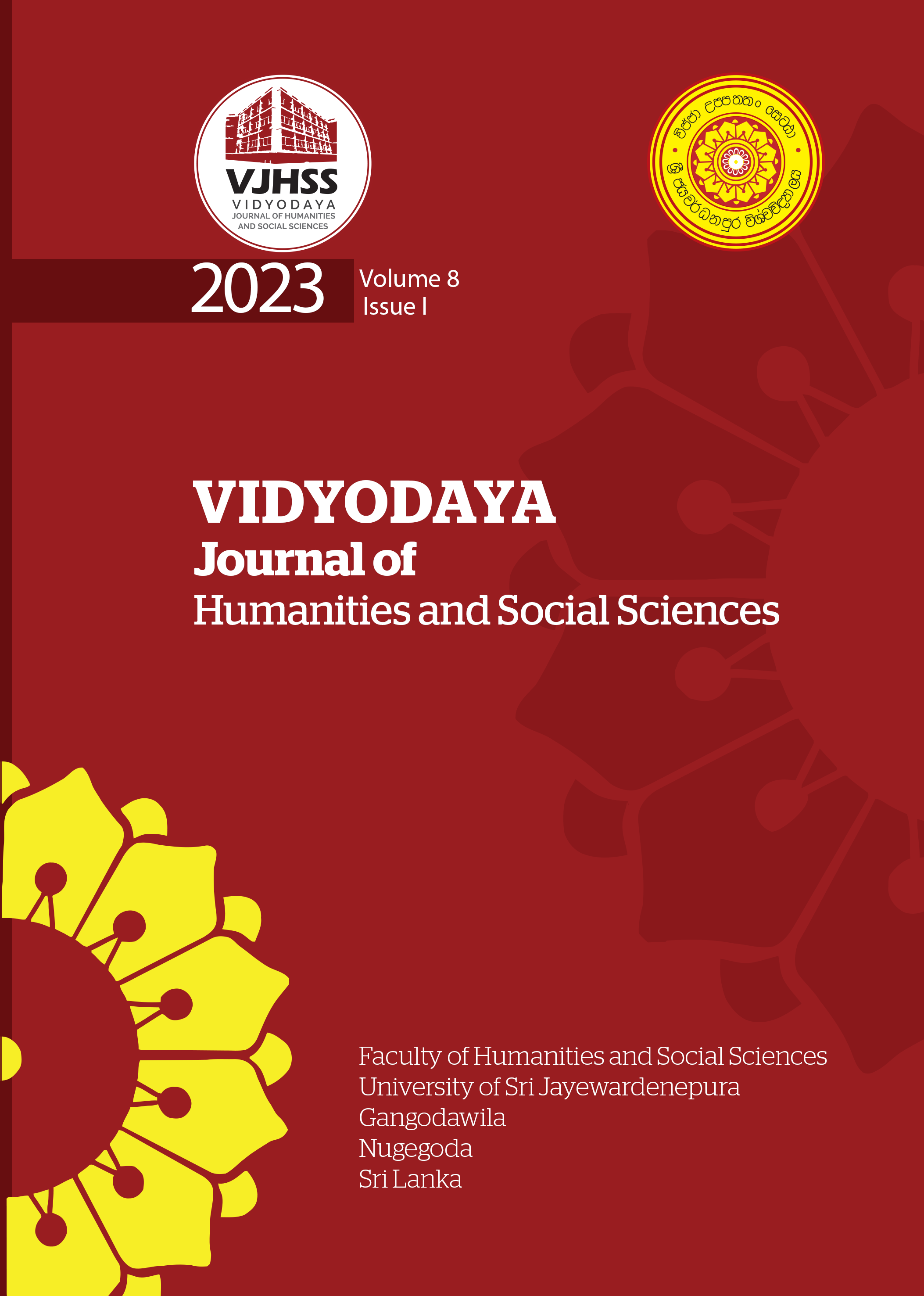Parents' Imprisonment and its Effects on their Children
Abstract
This research concerns parents’ long-term imprisonment and its effect on their children. As per the 1978 Constitution of Sri Lanka, suspects are supposed to have committed an offense. In that sense, they are accepted as innocent people until proven guilty. Thus, the main purpose of this investigation is to identify the situations regarding the children of suspects who are being imprisoned for a long time in Sri Lankan prisons and forward suggestions for minimizing the effects upon them. The research question of the study is, what are the problems faced by the suspects’ children during the imprisonment of their parents? Using the Quota sampling method, 178 residents of Welikada Prison who were imprisoned for more than one year were selected from the Colombo District as the sample. Fifty-four (imprisonment) prison inmates’ families of 30 male detainees and 24 female detainees were selected for this study. Mix data analysis including qualitative and quantitative has been used for the data analysis. The research indicates that the detainees’ children are faced with several issues such as a lack of educational needs, and absence of safety, and further they undergo various mental disorders during the entire period. As suggestions, external factors can be encouraged at the institutional level to maintain a strong relationship between the suspect and their family members, especially with the children. Strengthening communication between them would ensure a good relationship. Also, the government authorities should implement special aid programs for such families to cater to their financial, educational, and social needs and provide vocational training for their children.



